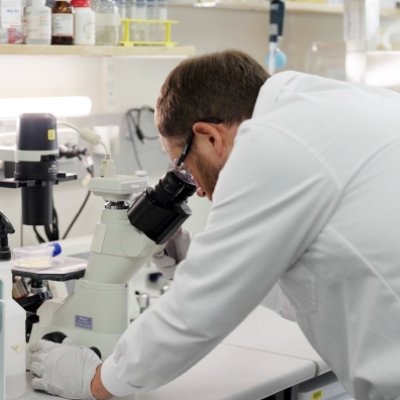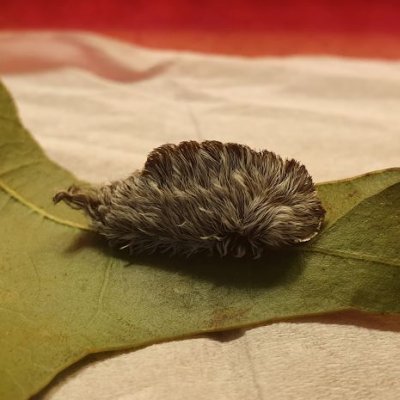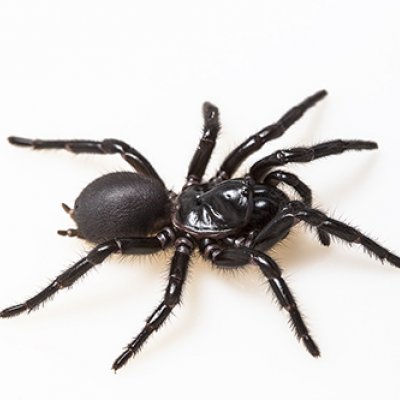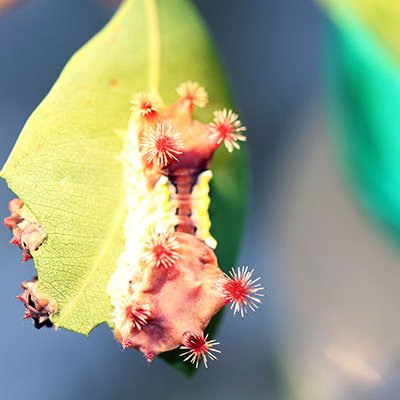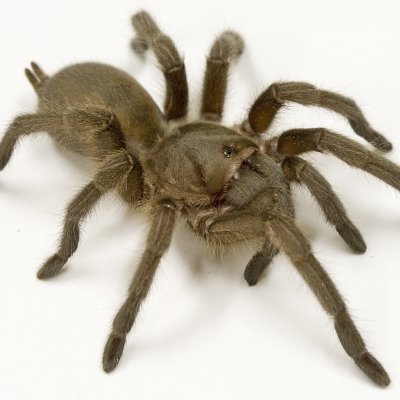A spider venom molecule being investigated by a University of Queensland team has met critical benchmarks towards becoming a treatment for heart attack and stroke.
17 January 2024Professor Glenn King from UQ’s Institute for Molecular Bioscience has been awarded the Prime Minister’s Prize for Innovation, a $250,000 recognition of his pioneering work.
17 October 2023Researchers at The University of Queensland have discovered the venom of a notorious caterpillar has a surprising ancestry and could be key to the delivery of lifesaving drugs.
11 July 2023A potentially life-saving treatment for heart attack victims has been discovered from a very unlikely source – the venom of one of the world’s deadliest spiders.
16 July 2021University of Queensland researchers have discovered the venom of a caterpillar, native to South East Queensland, shows promise for use in medicines and pest control.
22 June 2021Research into global health issues including antibiotic resistance, inflammatory diseases and stroke has been boosted after The University of Queensland received more than $29.7 million in funding from the National Health and Medical Research...
29 August 2019A devastating form of childhood epilepsy that is resistant to traditional drugs may have met its match in spider venom.
6 August 2018A toxin from the desert bush spider is helping researchers understand more about human and insect biology, which could lead to new treatments for health conditions and bee-friendly insecticides.
27 July 2018Spiders have helped researchers from Australia and the US discover a new target for irritable bowel syndrome pain.
7 June 2016University of Queensland researchers have found seven peptides (mini-proteins) in spider venom that block the molecular pathway responsible for sending pain signals from nerves to the brain.
4 March 2015